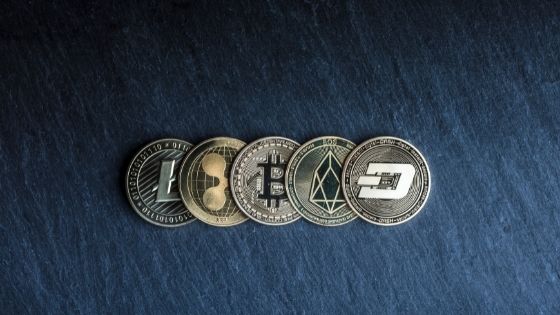The easiest way to purchase digital currency in Spain is via cryptocurrency exchanges. There are several reputable European-based and international online platforms that offer Bitcoin (BTC) in Spain. Each has a different transaction fee, withdrawal limits, payment methods, and verification processes, all of which are important factors that need to be considered. Crypto holders need to understand that some digital exchanges require you to have a digital wallet before purchasing digital currency.


Are cryptocurrencies legal in Spain?
Digital currencies aren’t legal tender in Spain but they aren’t prohibited; however, there’s no specific regulatory framework for them. Spanish authorities don’t consider cryptocurrencies to be money, but they do treat them as securities, assets, or resources. Crypto holders in Spain are subject to a capital gains tax on any sales of crypto to the tune of 19 percent and 23 percent for capital gains exceeding 50,000 euros. Traders who exchange cryptocurrencies in fiat money (euros) and vice versa are exempt from paying value-added tax (VAT).
The cryptocurrency adoption by Spaniards has been on the rise since 2020 when Spanish authorities enforced a new law against tax evasion and fraud. All citizens who make any transaction with digital assets over 1,000 euros are required to report it, helping to increase the level of control of cryptocurrencies.
Is buying crypto easy?
There are over 100 Bitcoin ATMs throughout Spain, helping the country to rank number four where Bitcoin ATMs are available. These ATMs give crypto holders the ability to interact with Bitcoin physically and make it easy to buy bitcoin cash. Another easy and more common way of buying cryptocurrency is registering with a crypto exchange service. These online platforms have become increasingly secure over the years, and buyers in Spain have access to quality exchanges. Spaniards can easily convert, buy, and sell crypto with fiat money through supported payment methods, including bank account deposits, PayPal, 3D secure credit cards, debit cards, and credit cards.
Choosing the best exchange platform for the first time is challenging. It’s important to consider where the exchange is based and how it’s regulated, as not all exchanges have a clear regulatory environment. Take the time to find out where the exchange is based, what regulatory requirements apply to that country, and whether or not the exchange is in regulatory compliance. Always look at the security features a specific platform offers, such as two-factor authentication and encrypted emails. Read the fine print to learn about any fees, including trading, transaction, deposit, and withdrawal fees.
Some exchanges have minimum or maximum transaction limits and restrict the number of funds that can be withdrawn from your account in 24 hours. Not all crypto exchanges support all virtual currencies, so check to see what coins can be bought, sold, and traded. It’s a good idea to find out what customer support and contact methods are available in case you ever have a transaction problem. Before you buy cryptocurrencies in Spain, you should verify the reputation of an online platform by reading reviews and comparisons from reputable sites like CryptoVantage.
You’ll need a cryptocurrency wallet.
The best way to keep your digital assets secure when holding them is to store them in a digital wallet. There are currently no specific cryptocurrency wallets that must be used in Spain. When choosing your first cryptocurrency wallet, there are several important factors to keep in mind. There are two general types of digital wallets on the market today: custodial purses and noncustodial wallets. There’s a new trend in decentralized finance (Defi) that promotes the creation of noncustodial wallets for ERC20 tokens, which means only crypto holders can control their funds. Custodial wallets store your passwords and any information needed to access your assets. This means crypto holders aren’t in control of their money; however, they can easily and simply make daily transactions.
Spain has been slow to adopt blockchain technology, but with a favorable legislative framework for small investors, cryptocurrency adoption is expected to grow.
















